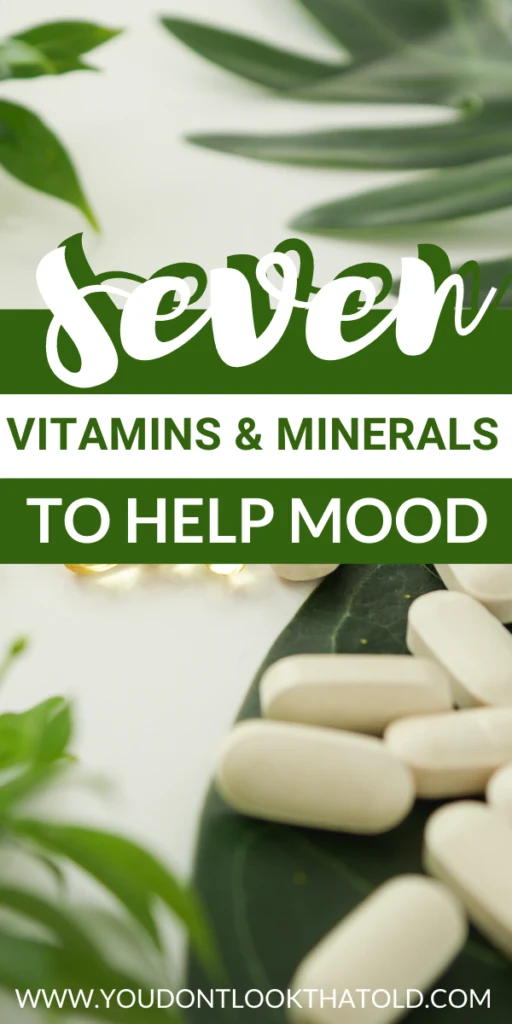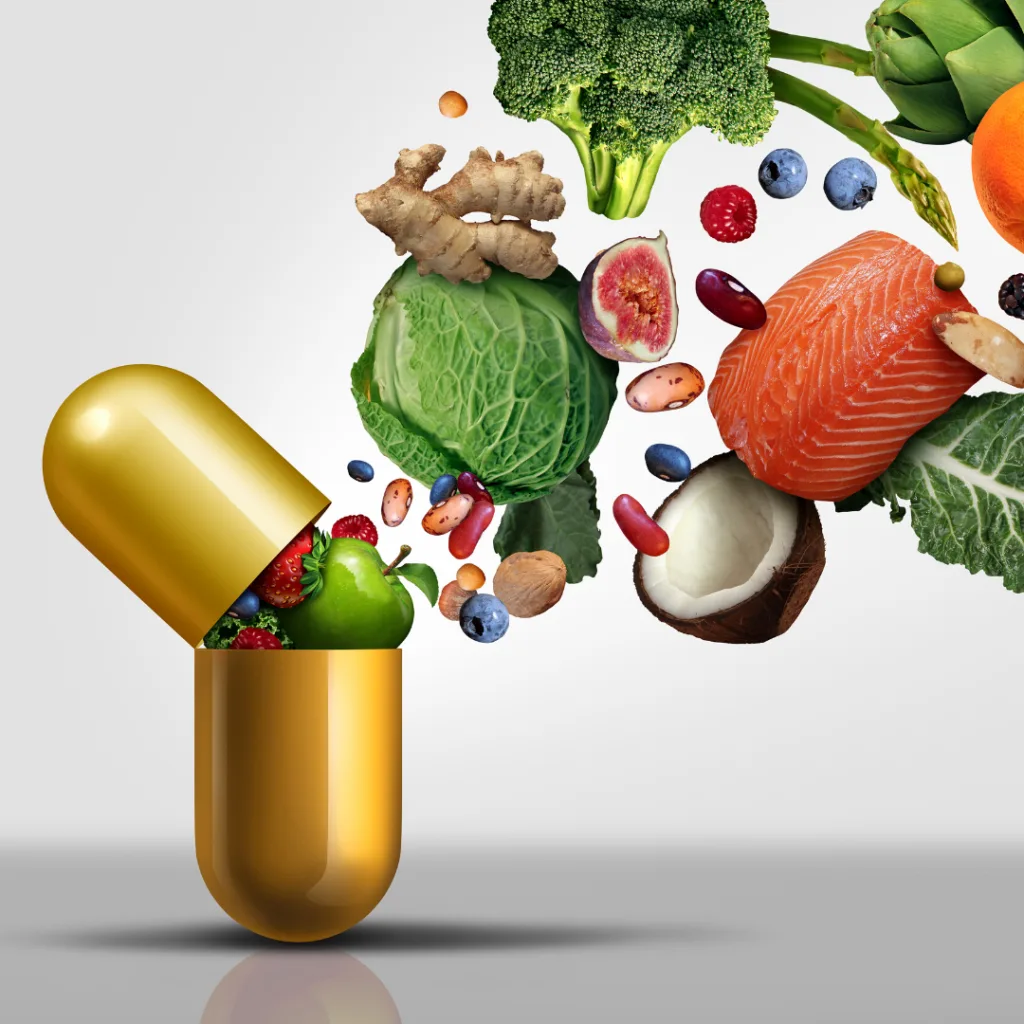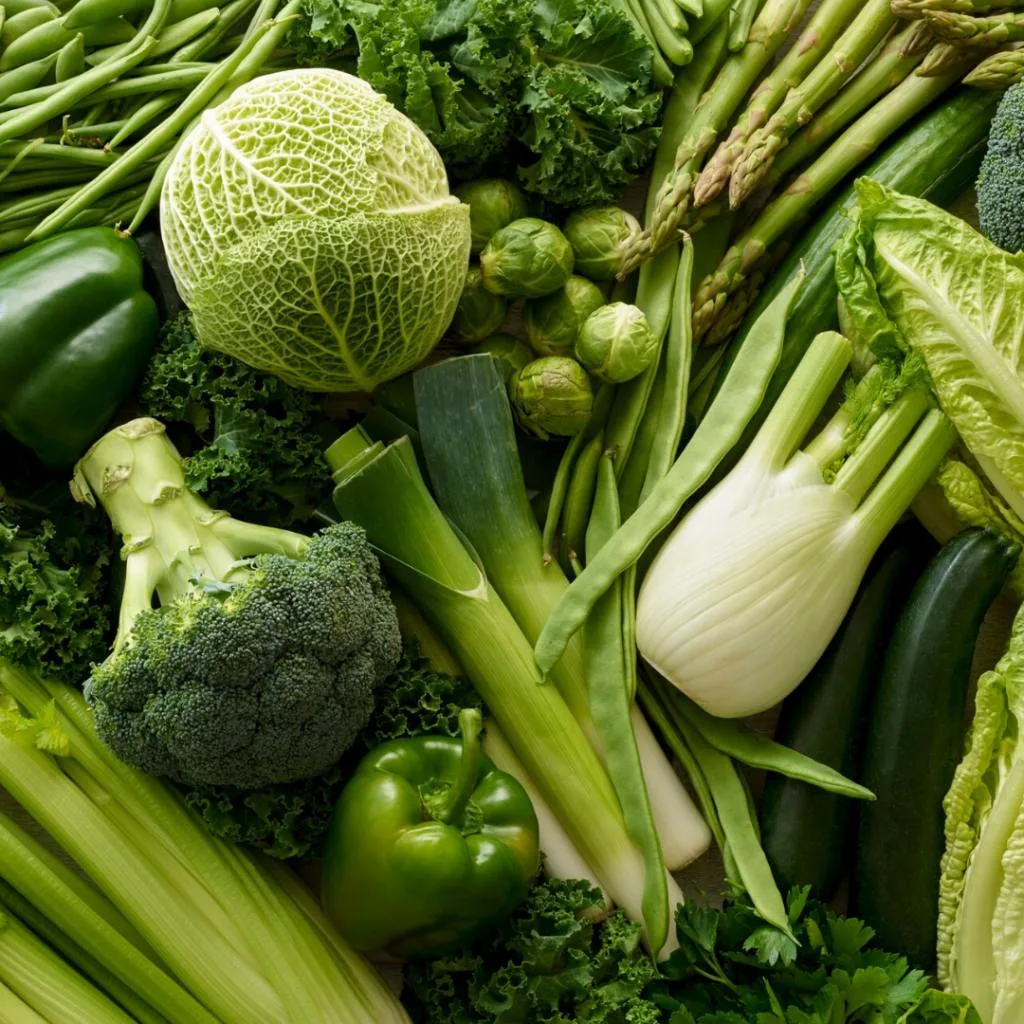Humans require all essential vitamins and minerals in varying amounts. These nutrients are necessary for both body and mind. While many people understand the connection between nutrition and physical health, the link between very low levels of essential nutrients and mental issues seems harder to understand and acknowledge.

7 Essential Vitamins & Minerals to Improve Your Mood
Nevertheless, severe deficiencies play a role in the onset, severity, and duration of depression, and can influence conditions such as anxiety and mood disorders. That’s why getting enough of the following vitamins and minerals will help you safeguard your mental health, improve your mood, and boost your energy levels.
1. Vitamin D
Low vitamin D levels are becoming increasingly common among the general population. Many factors can influence vitamin D production: your geographical area, air pollution levels, and your own habits.
If you spend most of your time indoors or can’t get enough sunshine during winter, then you are in danger of developing Seasonal Affective Disorder (SAD). SAD can affect your mental health and contribute to depression and panic disorder.
Vitamin D also plays a crucial role in phosphorus absorption. Phosphorus contributes to brain cell development and is critical for memory and cognitive function. If you can’t keep your vitamin D levels high enough, consider asking your health care provider about a supplement.
2. Omega-3 Fatty Acids
Did you know that the human brain is 50% fat? Healthy fats, such as omega-3s, work as high-quality fuel for your brain. They fight off inflammation, boost brain function, and promote a positive mood. On the other hand, research associates low omega-3 levels with depression, attention-deficit disorder (ADHD), borderline personality disorder (BPD), and schizophrenia.
Add more essential fatty acids in your diet by eating more fatty fish like salmon, mackerel, and herring, as well as nuts and seeds. Beware of certain dieting practices that lead to low omega-3 levels and, consequently, to mood swings.

3. B Vitamins
B vitamins are involved in numerous processes within the human body. They affect immunity, digestion, blood circulation, hormone levels, the nervous system, and your mood. Boosting your levels can help you reduce stress, fatigue, and irritability, and prevent memory loss. Vitamin B12 is crucial for improving mood, energy levels, and memory. Vitamin B3 plays a role in serotonin production.
Serotonin is a unique neurotransmitter that affects mood. Low serotonin levels are related to depressive symptoms. B9 (folate, folic acid) is another nutrient responsible for serotonin synthesis. You may have heard it as a prenatal supplement, but vitamin B9 can help you stay in a good mood.
Moreover, research has shown that folate deficiency can affect the success of antidepressant therapy. If you are recovering from depression, you must make sure you get enough B complex vitamins.
Related Read: Slow Aging and the Mediterranean Diet
4. Magnesium
This mineral is essential for overall health and well-being as it plays a pivotal role in almost every body process. It is vital for brain hormone production, but it can also help you deal with migraines, stress, depression, and anxiety symptoms.
Magnesium promotes relaxation, so it’s one of the most useful minerals for improving sleep quality. Unfortunately, getting enough magnesium through diet can be tricky, and borderline magnesium deficiency is prevalent even among healthy eaters. Adding more foods like whole grains, nuts and seeds, avocados, and bananas in your diet may help.

5. Iron
Iron deficiency is one of the most common nutritional problems people face. About 10% of women and 2% of men are deficient in this essential mineral. Research correlates higher depression percentages with a history of iron-deficiency anemia. It’s not surprising then that women of childbearing years experience more depression than during any other time of their lives.
Iron is of great importance for proper brain function. Low levels result in reduced mental clarity, poor concentration, mood changes, chronic fatigue, depression, as well as anxiety. Foods like liver, red meat, shellfish, but also spinach, quinoa, whole grains, and legumes can help you keep your iron deficiency at bay.
Related Read: 9 Health Benefits of Turmeric
6. Zinc
Though often overlooked, zinc is another mineral responsible for a healthy brain and proper neural function. It assists in various processes involving neurotransmitters, hormones, and enzymes. Zinc deficiency has been recorded in cases of depression, anxiety, eating disorders, and schizophrenia.
On the other hand, studies have shown that oral zinc supplementation can positively influence the success rate of antidepressant therapy. To increase your daily zinc intake, incorporate more meat, eggs, and shellfish to your diet.
7. Selenium
Selenium is a potent antioxidant. It highly beneficial for mental and thyroid health as well as your metabolism. If your selenium intake is insufficient, you may experience persistent low mood, negative thoughts, or even depression. Brazil nuts are the best food source of this essential mineral. You can also find it in whole grains, walnuts, beef, chicken, and fish.
Vitamin and mineral deficiencies can contribute to depression, anxiety, and mood disorders. Healthy levels of vitamin D, B complex vitamins, iron, selenium, zinc, magnesium, and omega-3s will keep you sharp, more energetic, and, of course, happier.
Improving your diet through small but consistent changes is the first step for improving your mental health and mood. Supplements can also boost your nutrient intake. However, remember to consult a medical specialist before taking any on your own.
Sources
“8 Nutrient Deficiencies Linked to Mood Imbalances”. Amy Myers MD, 20 Sept. 2019, amymyersmd.com/2018/08/nutrient-deficiencies-linked-to-mood/. Accessed 1 Oct. 2019.
Erik.”5 Vitamin & Mineral Deficiencies That Cause Depression”. ThriveTalk, Altva Holdings LLC, 29 Nov. 2017, thrivetalk.com/vitamin-deficiencies-depression/. Accessed 1 Oct. 2019.
Rao, T. S. Sathyanarayana et al. “Understanding nutrition, depression and mental illnesses.” Indian Journal of Psychiatry vol. 50,2 (2008): 77-82. doi:10.4103/0019-5545.42391, ncbi.nlm.nih.gov/pmc/articles/PMC2738337. Accessed 1 Oct. 2019.
Sinrich, Jenn. “10 Vitamins for Depression That Could Boost Your Mood”. The Healthy, 30 Aug. 2019, thehealthy.com/mental-health/vitamins-for-depression-boost-your-mood/. Accessed 1 Oct. 2019.
Wells, Brent, and Debbie Hampton. “8 Vitamins and Minerals that Can Ease Depression and Anxiety”. The Best Brain Possible, 31 Mar. 2019, thebestbrainpossible.com/depression-anxiety-nutrition-vitamins-minerals/. Accessed 1 Oct. 2019.
